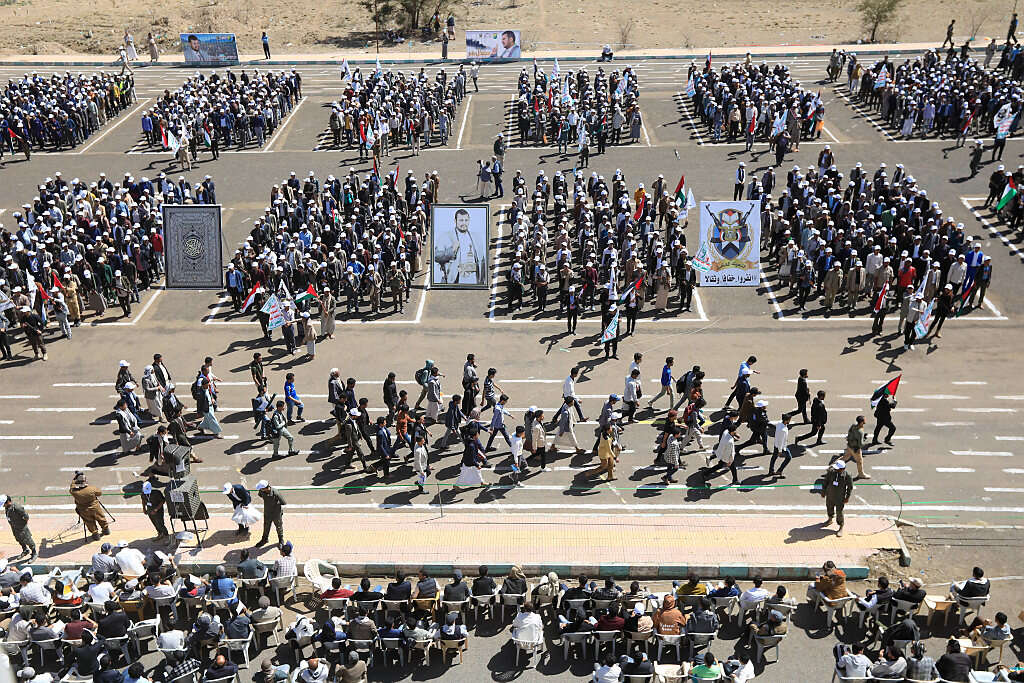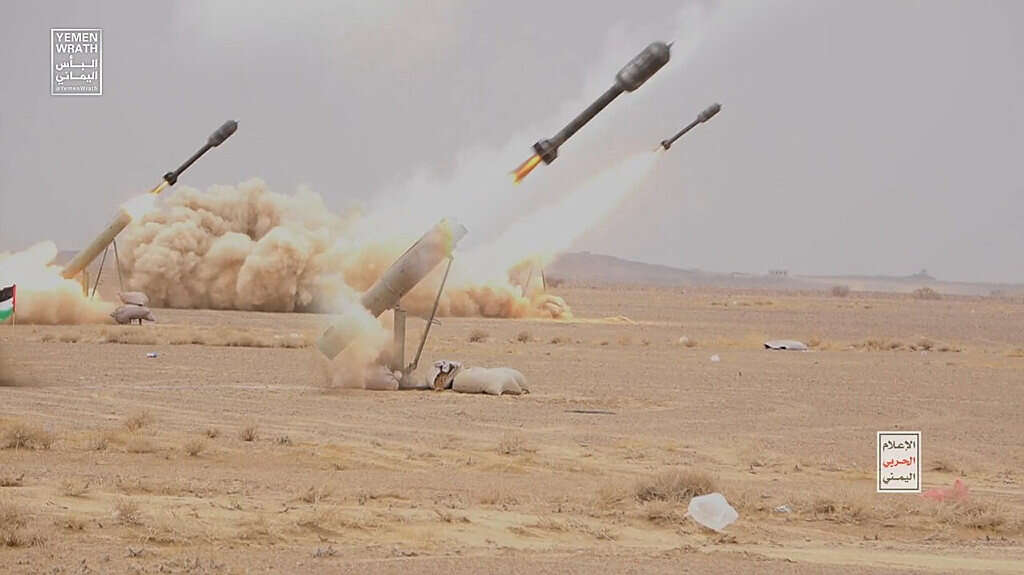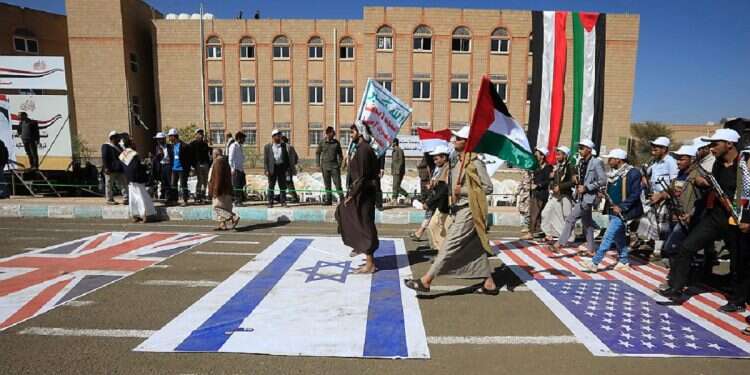Yemen's tumultuous history
Yemen, a nation long plagued by instability and foreign intervention, has been the backdrop for the rise of a powerful rebel group known as the Houthis. To fully comprehend the Houthi movement, we must first delve into the complex geopolitical history of this war-torn country.
For decades, Yemen has been a battleground for competing regional powers, with Saudi Arabia and Iran vying for influence. The Saudis, concerned about Iran's growing sway in the region, have repeatedly interfered in Yemen's domestic affairs, often supporting various factions in Yemen's civil wars and exacerbating the country's internal divisions.
The Houthi tribe's ideology
Ideologically, the Houthis draw inspiration from a mix of Zaydi Shia Islam, Iranian revolutionary thought, and a nationalist, anti-imperialist worldview. This unique blend of beliefs has shaped their political and military strategies, as well as their relationship with other regional actors. Their flag reads, "God is the greatest! Death to America! Death to Israel! Curse upon the Jews! Victory to Islam!"

It is against this backdrop that the Houthi tribe, a group from Northwest Yemen, emerged as a formidable force. Frustrated by the Yemeni government's perceived corruption and Saudi Arabia's interference, the Houthis formed the Ansar Allah movement, or the "Supporters of God," to challenge the status quo.
The Houthi movement, however, has been marred by extremism and human rights abuses. They practice slavery targeting religious minorities, murder LGBTQ+, promote zero rights for women, and child marriages.
Despite these controversies, the Houthis have managed to gain significant support, both regionally and domestically. Their nationalist rhetoric and perceived resistance to Saudi influence have gained them the backing of the Iranian regime and the rest of the Zaydism followers, approximately one-third of the Yemeni population as they have grown weary of the country's ongoing instability.
The Houthis' ties to Yemen's humanitarian crisis
The Houthis' close ties to Iran have been a source of concern for the international community. Iran has provided the Houthis with financial, military, and political support, further complicating the conflict in Yemen and contributing to the country's dire humanitarian crisis.
The wars in Yemen have resulted in widespread suffering, with millions of people facing food insecurity, disease, and displacement. The Houthis have obstructed aid deliveries and targeted civilian infrastructure, exacerbating the humanitarian catastrophe.
The Houthis' involvement in the Gaza War
The Houthis' influence has extended beyond Yemen's borders, with the group's involvement in the 2023 Gaza War drawing international attention. Their support for Palestinian resistance groups, such as Hamas, has further solidified their reputation as a regional player with a strong anti-Israeli and anti-American agenda.

The Houthis have sent rockets to Israel and targeted merchant ships in the Red Sea, disrupting global trade and raising tensions in the region. Many companies have shifted their route and now take longer voyages to avoid these pirates. These attacks and the group's broader military activities have drawn the ire of the international community and led to US and British intervention.
Surprisingly, the Houthis have also garnered support from some unexpected quarters, including certain far-left American political figures, activists, TikTok influencers, and college students who view the group as a symbol of resistance against perceived Western imperialism. This support, however, has been widely criticized for overlooking the Houthis' own human rights abuses and extremist tendencies.




